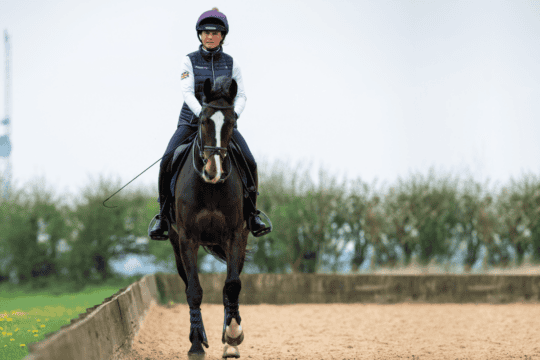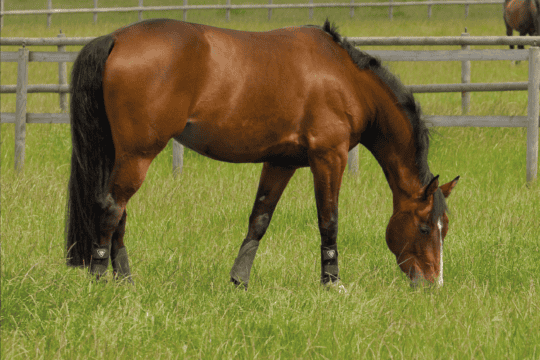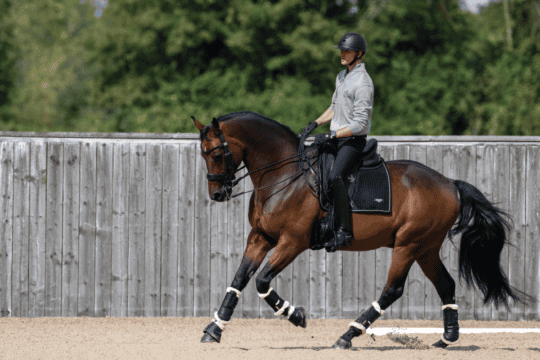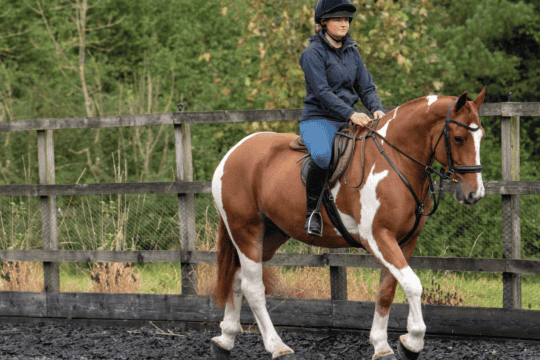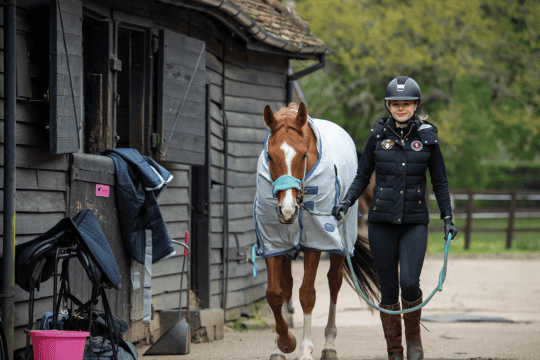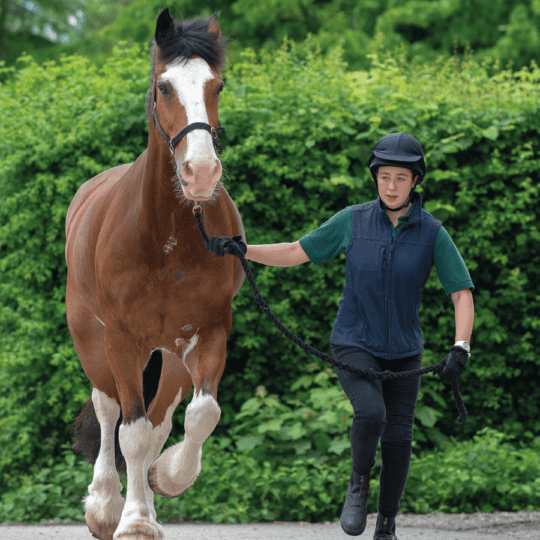Myth busting: The feeding edition
Posted 27th April 2021
There’s no shortage of feeding advice out there, but can you separate fact from fiction? Nutritionist Emma Short’s on hand to help
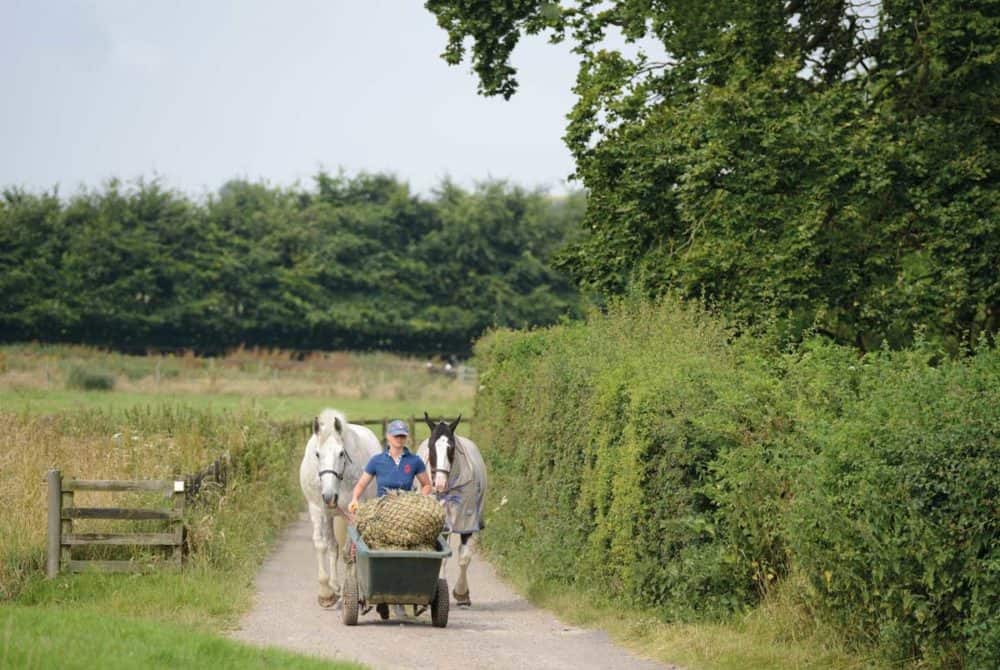
There are all sorts of myths surrounding feeding, so separating the facts from well-meaning but untrue advice isn’t always easy. It can feel as though everyone’s got their own little pearl of mysterious horse-feeding wisdom to impart – from potentially poisonous ingredients to those that are a laminitis risk – which can make it tricky to ascertain lovingly-bestowed but ill-informed advice from information that could potentially impact your horse’s health. So, without further ado, let’s help you make sense of the data and find the perfect feed regime for your horse.
Myth: soya can upset your horse’s hormonal balance
Truth: Soya’s included in the ingredients list of lots of different feeds, especially for horses needing to build or develop muscle or to support a heavy workload. It’s an excellent source of quality protein that provides lots of the essential amino acids that can’t otherwise be produced within your horse’s body, such as lysine. The most important part of his diet is its overall balance and, when included in reasonable amounts, soya makes a valuable addition to any ration.
Soya’s had its fair share of bad press, with suggestions that it can interfere with hormonal balance like it can in humans and be inflammatory due to its high levels of omega-6 fatty acids, increasing metabolic stress and affecting immune function. However, there’s no research to suggest that soya affects horses in the same way that it can humans, which is where this data’s come from.
While soya does contain omega-6, this isn’t necessarily a bad thing because the nutrient’s inflammatory effect is essential to the horse’s response to infection. It’s also involved in hormone production, brain function and regulating blood pressure.
In order to get the most from soya, the beans must always be cooked. This is because in its raw form, soya contains an enzyme that acts as a trypsin inhibitor. Trypsin is important in protein digestion and responsible for breaking down protein into amino acids, so without it, your horse will be unable to absorb them. This means that your horse’s ability to digest the protein will be inhibited and he won’t receive enough of it. One of the most common methods of cooking soya beans for horse feed is micronisation, and once they’ve been micronised using infrared heat, this inhibitor is denatured and can no longer disrupt protein digestion.
Pick up your copy of June Horse&Rider, on sale 29 April, for more feeding myths and truths.


